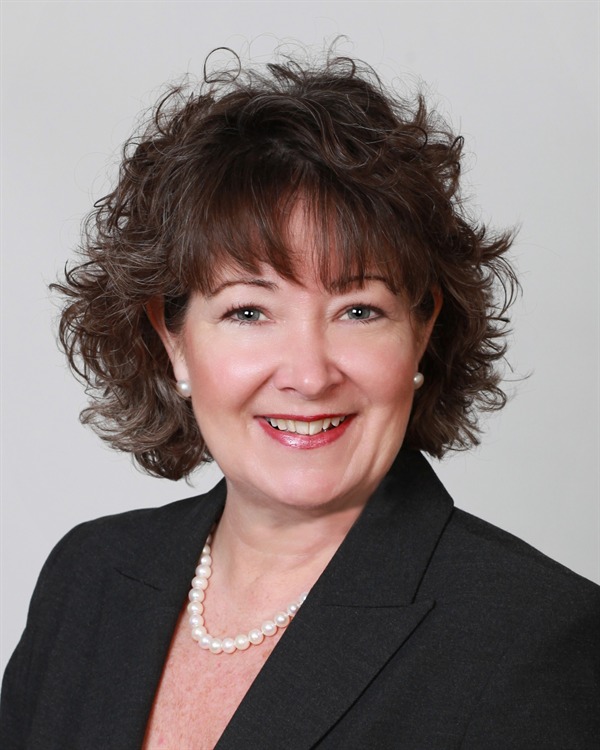How much difference do local candidates make in the outcome of an election?
If you ask the High Strategists who direct federal and provincial campaigns from Ottawa or Queen’s Park, the answer would be: not all that much difference. They tend to rank the most important factors as the party brand, the leader, the platform, the strength of their organization on the ground, and the amount of money they have to spend. Local candidates – good, bad or indifferent – tend to place near the bottom of the list.
They used to say that a little yellow dog could be elected in Saskatchewan if it were a Conservative or in Quebec if a Liberal. An exaggeration? Of course. But to the minds of many High Strategists, the candidate is worth only about 5 per cent of the vote, or perhaps 10 per cent in exceptional situations.
Well, I wonder. I have long felt that good candidates make a huge difference, especially in byelections, but in general elections as well. To prove my case, let’s look at three area races in last week’s Ontario election.
Kitchener-Waterloo. Catherine Fife became the MPP for K-W in a September 2012 byelection. A New Democrat in alien territory (the riding had been held by Conservative Elizabeth Witmer for the previous 22 years and the Liberals were assumed to be the only viable alternative to the Tories), Fife realized from the moment she won that she would face an uphill battle to hold the seat. Not knowing when the general election might happen, she just kept running.
Fife is one of those politicians who actually listens to people. She used her personal political skills and 21 months of hard work to put a lock on the riding. Although it was not a happy election for the NDP, Fife bucked the Liberal trend to win by 4,000 votes. She will be hard to dislodge.
Cambridge. This was a stunner. The Liberals hadn’t elected a provincial member in Cambridge (or Waterloo South, as it was then) since 1943, the year when Conservative George Drew became premier of Ontario (for trivia buffs, it was also the year that Oklahoma! 
 opened on Broadway and Lassie Come Home took the movie box office by storm). Seventy-one years! It was that long ago.
opened on Broadway and Lassie Come Home took the movie box office by storm). Seventy-one years! It was that long ago.
Yet Liberal Kathryn McGarry, a nurse who had run and lost on two previous occasions, proved conclusively that hard work and perseverance pay off. She won on her third try, defeating first-term Tory MPP Rob Leone, a political science professor. McGarry and her people outhustled Leone’s. Like Fife, she listened to voters’ concerns, including their uneasiness about Leone’s leader, Tim Hudak. She won handily, by 3,000 votes.
Kitchener Centre was the third area riding to which I paid particular attendance. It was widely advertised as a provincial bellwether because of its reliable tendency to elect a candidate from the party that won the election. It did so again in 2011, returning John Milloy, a member of Dalton McGuinty’s Liberal cabinet, although by a mere 323 votes as the party was reduced to a minority government.
This time, Kitchener Centre was an open seat, Milloy having announced his retirement from politics. With their party running ahead in the polls, the Progressive Conservatives were confident they could take the riding along with the province. But the voters of Kitchener proved to be a more accurate barometer than the pollsters.
The Liberals nominated a local television personality, Daiene Vernile, from CTV in Kitchener. Media celebrities often flop as political candidates (voters don’t take them as seriously as they take themselves), but in Vernile’s case, profile, personal popularity and strenuous campaigning enabled the Liberals to widen their margin from 323 measly votes to nearly 7,000.
The point of all this is that good candidates are essential. They can win in difficult elections, even when the polls are sour – and even when seven decades of electoral frustration tells them not to bother.
Cambridge resident Geoffrey Stevens, an author and former Ottawa columnist and managing editor of the Globe and Mail, teaches political science at Wilfrid Laurier University and the University of Guelph. His column appears weekly in Waterloo Region Record and Guelph Mercury. He welcomes comments at [email protected]


